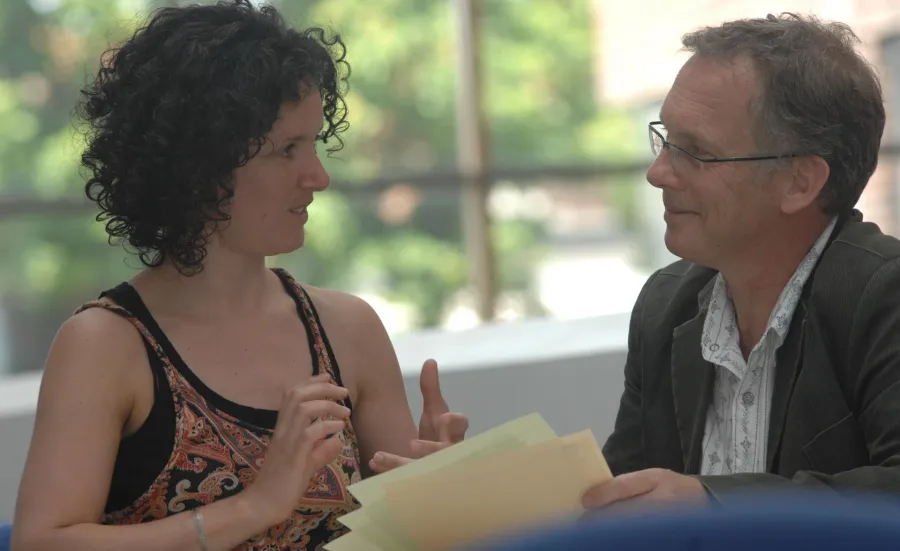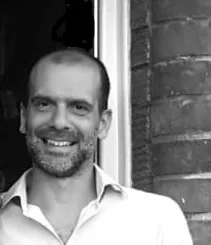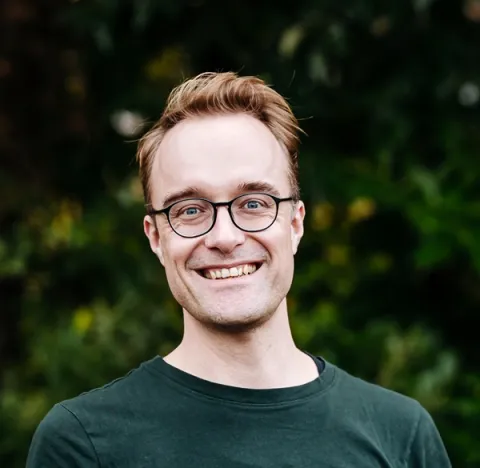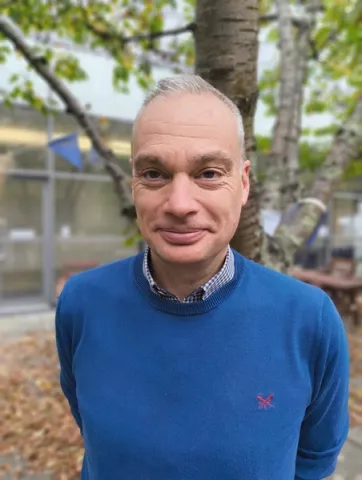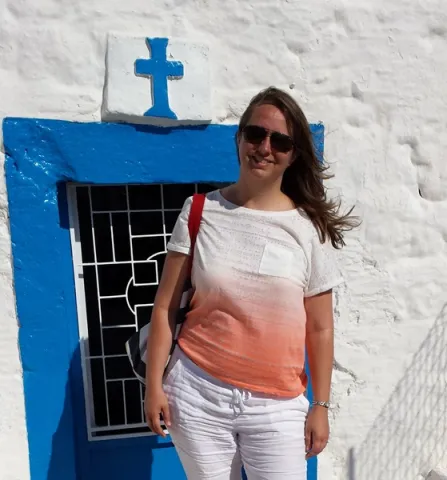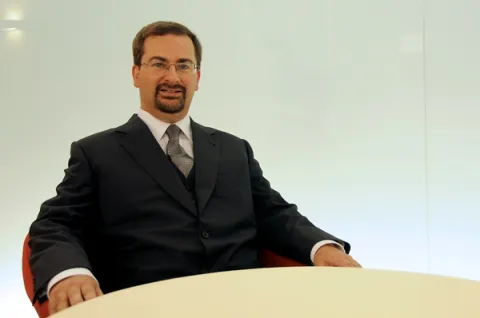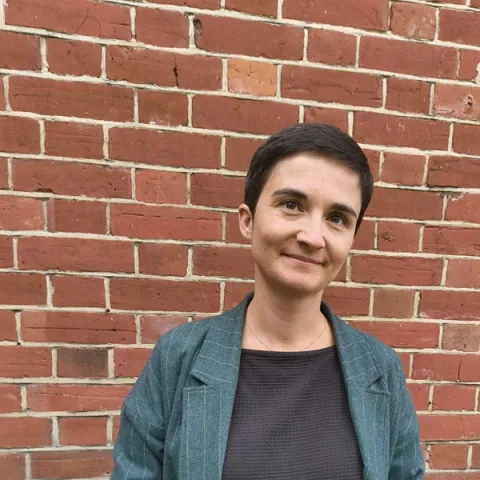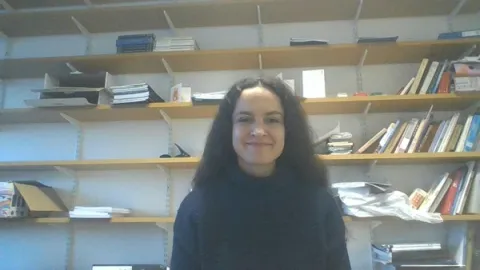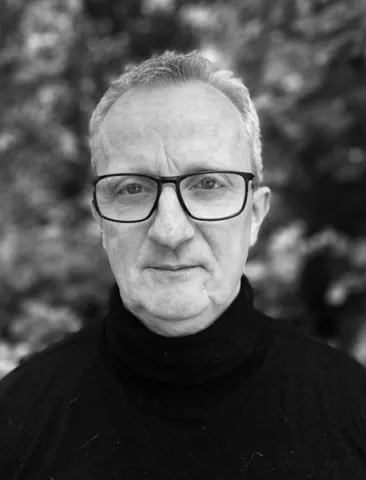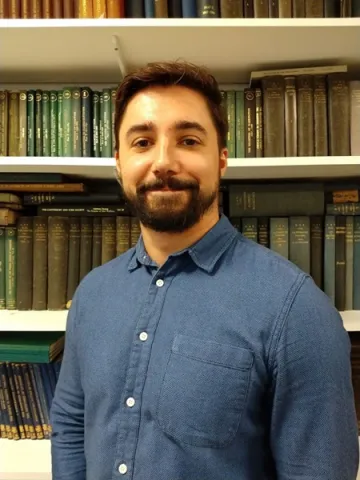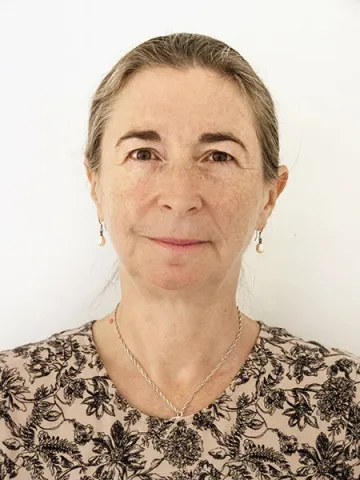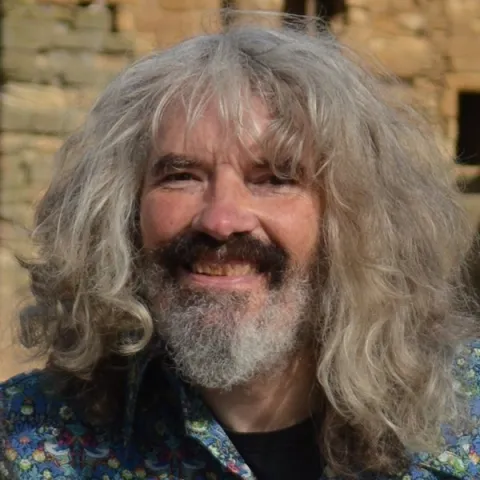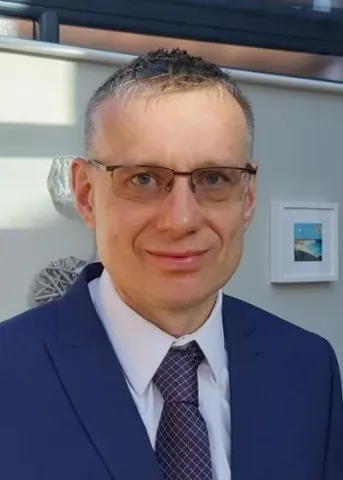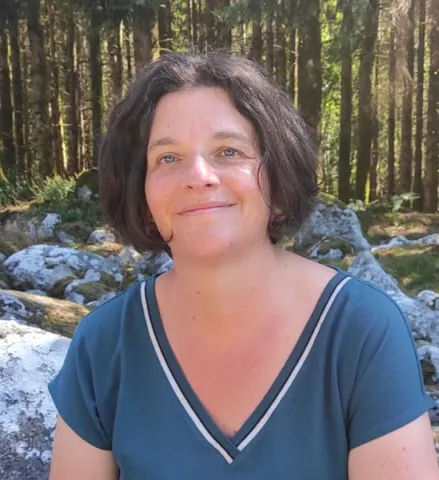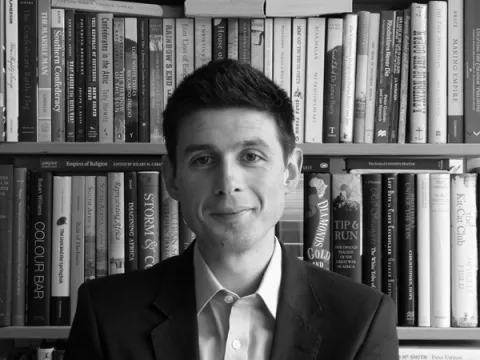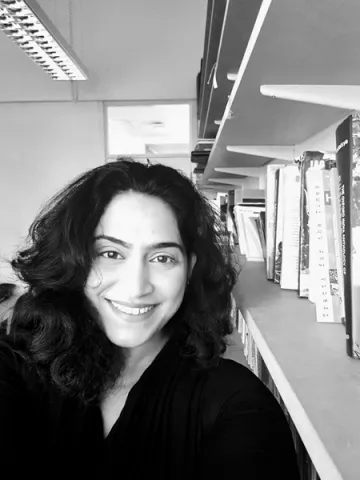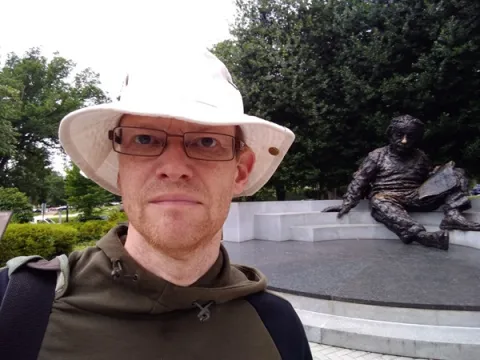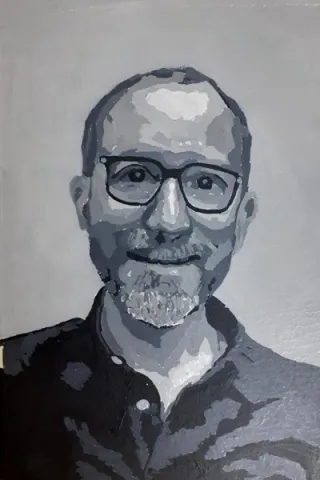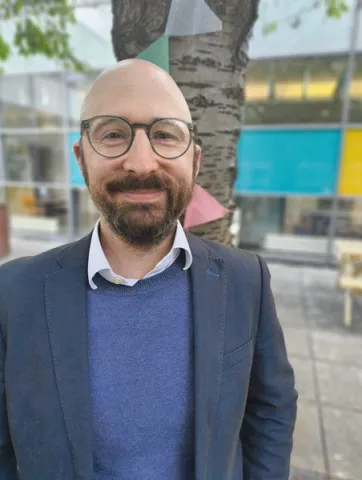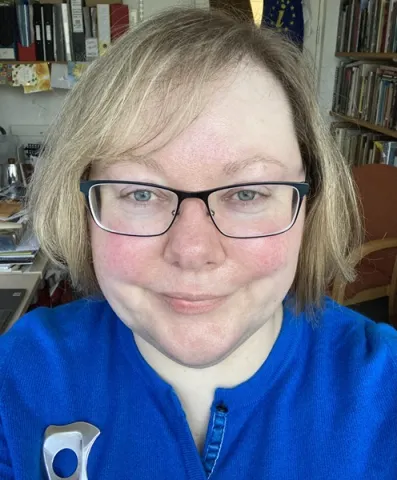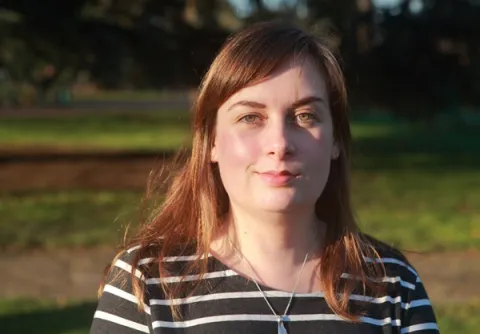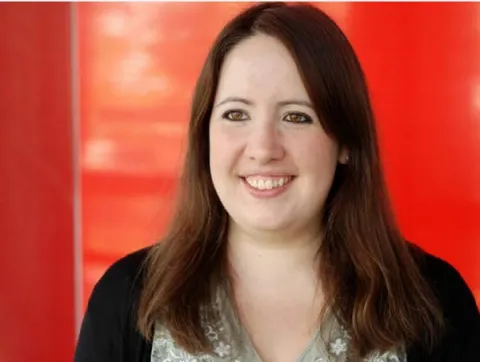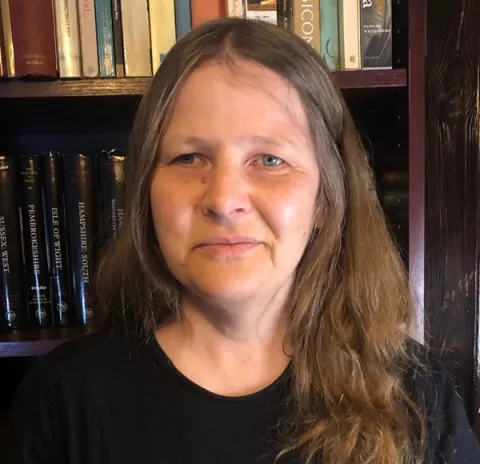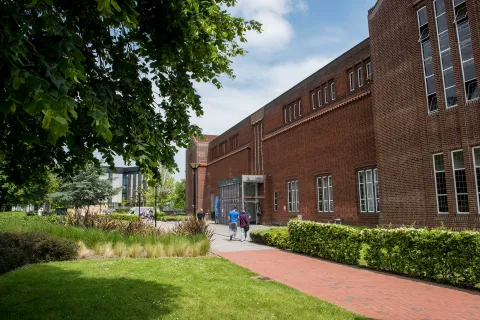Find a funded PhD project
We offer a wide range of fully funded studentships. We run several of our PhD studentships in partnership with doctoral training centres, meaning you'll benefit from enhanced training and guaranteed funding.
These studentships:
- are fully funded
- come with a maintenance grant to help towards living costs
- are open to UK and international students
View our current projects
Apply for a funded doctoral training centre studentship
As an arts and humanities student you may be able to apply for Arts and Humanities Research Council (AHRC) funding through the South West and Wales Doctoral Training Partnership (SWW DTP). You'll need to apply for funding separately from your application to us.
Doctoral training centres offer fully funded studentships which include:
- a taught first year
- 3 year of PhD research
Find out more about the SWW DTP.
Scholarships
We offer scholarships and teaching bursaries ourselves. Your potential supervisor can guide you on what is available.
If you’re an international student you may be able to apply for a scholarship from your country.
Find out more about scholarships
Fund your own PhD research project
Once you've found a supervisor, they can help you with potential funding sources. We offer match funding in some cases.
You'll need to state how you intend to pay for your tuition fees when you submit your application.
Find out more about funding your PhD
Take out a PhD loan
You can borrow up to £30,301 for a PhD starting on or after 1 August 2025. Doctoral loans are not means tested and you can decide how much you want to borrow.
Find out about PhD loans on GOV.UK
Apply for funding from a charity
You may be able to win funding from one or more charities to help fund your PhD.
Learn about charity funding on FindAPhD.com
Fees
We charge tuition fees for every year of study. If you’re applying for a fully funded project, your fees will be paid for you.
2023 to 2024 entry:
| Subject | UK fees | International fees |
|---|
| History full time | tbc | £18,600 |
| History part time | tbc | £9,300 |
| History (distance learning) full time | tbc | £18,600 |
| History (distance learning) part time | tbc | £9,300 |
2024 to 2025 entry:
| Subject | UK fees | International fees |
|---|
| History full time | £4,786 | £19,200 |
| History part time | £2,393 | £9,600 |
| History (distance learning) full time | £4,786 | £19,200 |
| History (distance learning) part time | £2,393 | £9,600 |
2025 to 2026 entry:
| Subject | UK fees | International fees |
|---|
| History full time | To be confirmed Spring 2025 | £19,620 |
| History part time | To be confirmed Spring 2025 | £9,810 |
| History (distance learning) full time | To be confirmed Spring 2025 | £19,620 |
| History (distance learning) part time | To be confirmed Spring 2025 | £9,810 |
Alumni discount
You're eligible for a 10% alumni discount on a self-funded PhD if you're a current student or graduate from the University of Southampton. This will not apply for programmes that are externally funded. Please check the fees and funding section.
